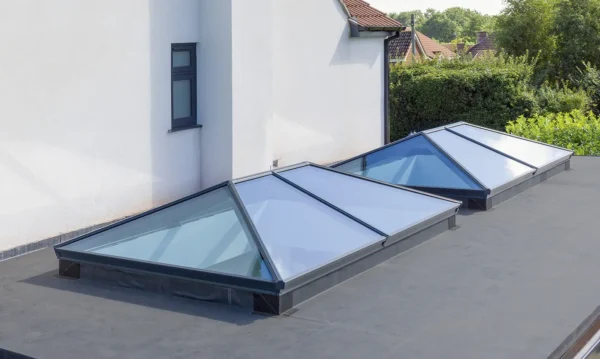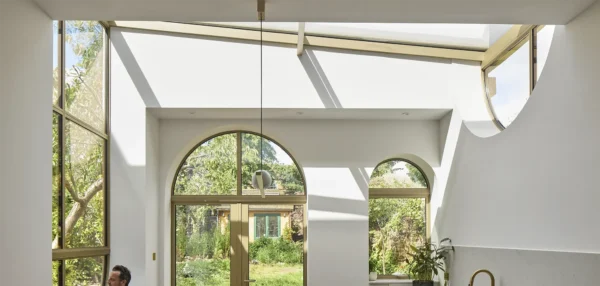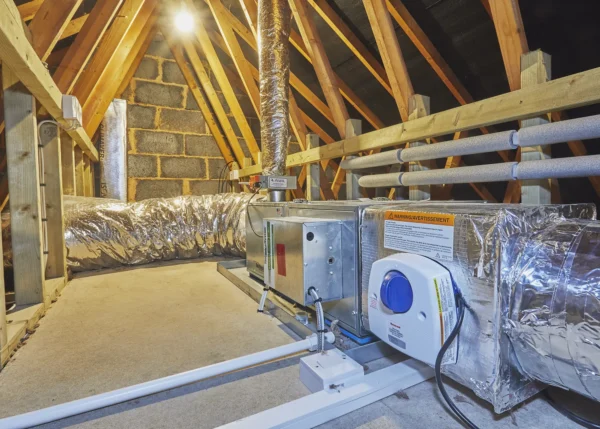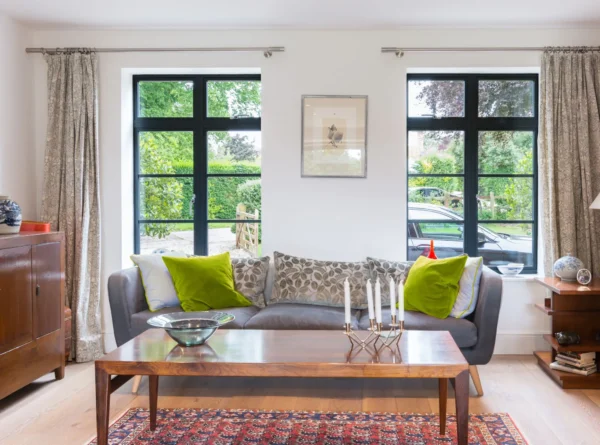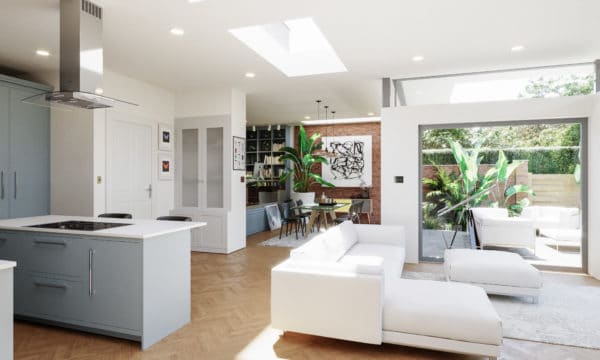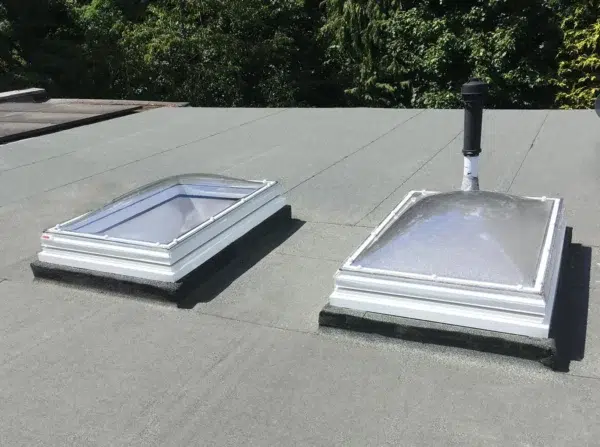5 Things to Ask Your Glazing Supplier
With so many glazing companies, products, glass types and frame materials out there, it’s imperative you do your homework on doors and windows for your building project. Find a reliable, trustworthy supplier, and they will be instrumental to helping you on your journey to specifying the correct products, tailored to your requirements. Here
are five key questions to ask to ensure you’re making the right choice:
1. What style of window will best suit my project?
An experienced advisor should be able to look at your plans and recommend what would look best, based upon the style of property and your own personal taste. Most established companies offer a range of styles, so ensure you explore all the choices. Case studies and photos on their website and social media channels should give you a good idea of whether the supplier can achieve the sort of design you’d like.
Do try to have an open mind to options that you may not have thought about initially, as this could result in a better solution for your project.
2. What frame materials can I choose from, and what are the pros/cons?
Some companies might only offer one frame material, in which case they’re likely to say it’s the best one and there are no cons! The truth is, they all have their benefits and pitfalls. So get a balanced opinion from someone who has the right experience, and isn’t trying to force you down a specific route (ie their only option). Here’s a quick rundown of what’s out there.
PVCu: We don’t offer this type at Kloeber, but it’s difficult to ignore plastic windows due to their low upfront cost. The key downside is that the material doesn’t stand up particularly well to climatic change, so it can expand and warp. This will necessitate regular adjustment, at best, on larger doors.
Timber: Engineered wood is a very strong, stable material and a fantastic natural insulator, and some softwood products are very reasonably priced. It will require regular maintenance, but a lot depends on where and how it’s installed: upkeep might be as frequent as three to five years, or as little as 10 years. This material is also very eco-friendly, provided it’s ethically sourced.
Aluminium: Mid-range in terms of price, this metal is very strong and offers thin, sleek-looking frames. It’s not particularly sustainable in terms of how it’s originally mined, but it is long-lasting and recyclable. Aluminium is also extremely low-maintenance.
Alu-clad: This composite design gives you the best of both worlds, in that you have the wonderful insulating properties of timber, with the low-maintenance finish of the aluminium cladding externally. Performance wise, it’s top of the pile, with prices generally being at the higher end of the range.
3. What should I look for in terms of energy efficiency?
The considerations for sustainability boil down to how energy efficient your windows are once installed, and how much energy is consumed during manufacture. Ask about U-values.
This is the measurement of heat loss through the materials that make up your windows or doors. The lower the number, the better. A good starting point is 1.6 W/m2K for a window and 1.4 for a door, but more energy efficient products should achieve 1.2 or less.
In terms of manufacture, enquire about the company’s environmental policy, how they treat their waste and whether they do anything to offset their carbon emissions.
4. What do I need to know about security?
Ask about locking mechanisms. For instance, you’ll want good-quality multi-point locks on most doors. PAS24 is a robust method of security testing. If windows/doors meet this standard, you’ll know they offer a reasonable level of protection in line with Part Q of the Building Regs (a requirement for all new build homes in England). Secured by Design is a step above PAS24, giving you an extra level of confidence if it’s available on the products you want.
5. Should I go for sliding, bifold or French doors?
Your supplier can’t really answer this one without sending a few well-placed questions back your way first. There’s no one-size-fits-all solution, so expect your advisor to make you think about what you need from a door, and come up with a recommendation from there.
Practicality: How is the door going to be used day-to-day? Do you want to open up the whole aperture to use the indoor and outdoor space as one? And how much maintenance are you expecting to do over its lifespan?
Aesthetics: Do you want to see big expanses of glass and less framework? Do you like very slim frames or prefer something more chunky?
Security: Do you want a door that has undergone PAS24 testing or has Secured By Design accreditation?
Performance: Are good airtightness and insulation more important to your decision than the other factors above?
| Matt Higgs is co-owner and director of Kloeber UK. Having been involved in manufacture and construction for over 25 years, he brings a wealth of varied expertise to his role from carpentry to design, engineering, project managing and contracts managing. |
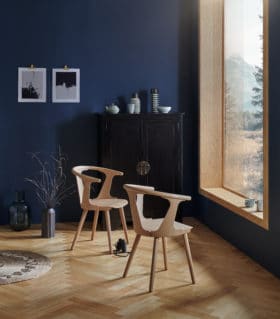
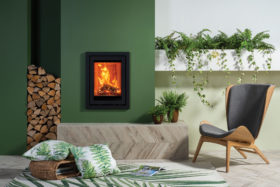


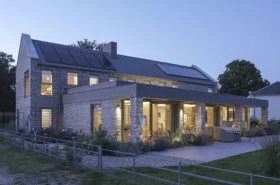

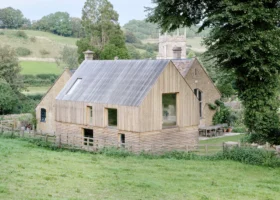
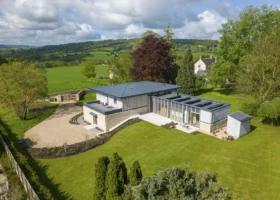
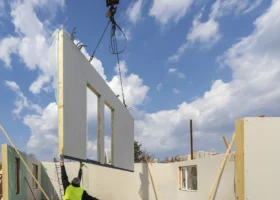
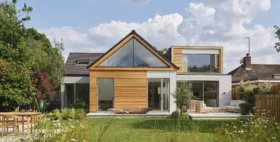
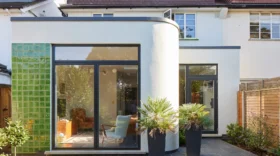
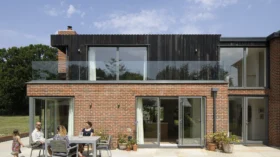

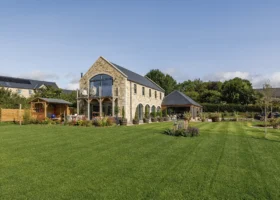

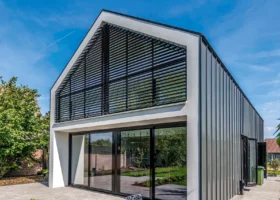

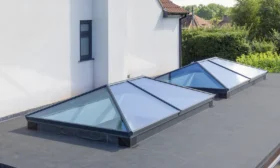
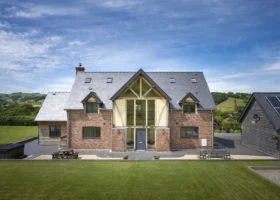
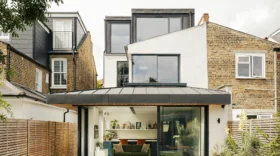
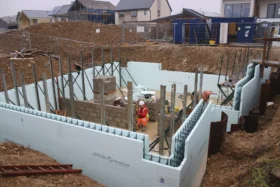
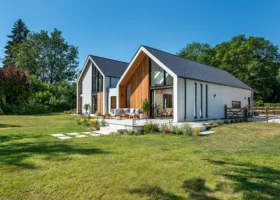
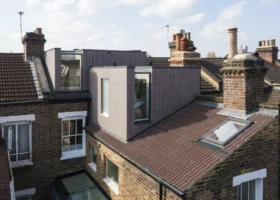
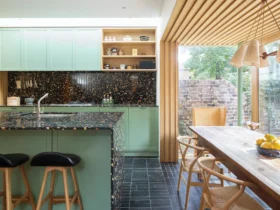
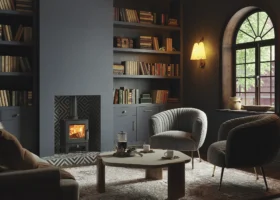
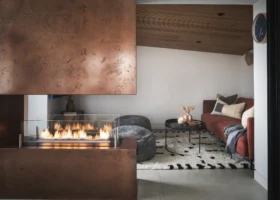
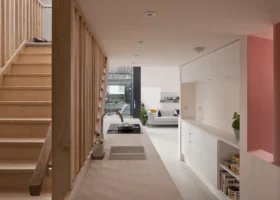
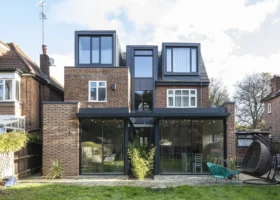
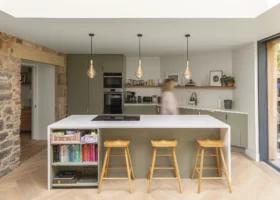
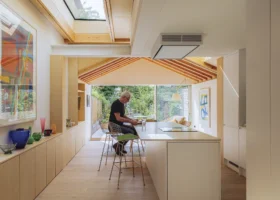
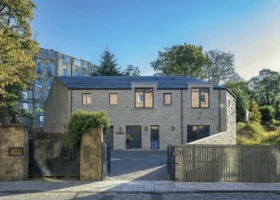
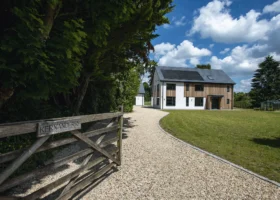
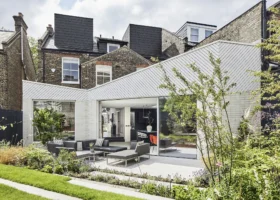
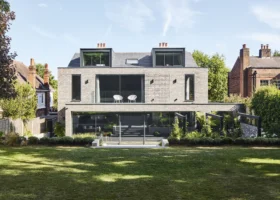
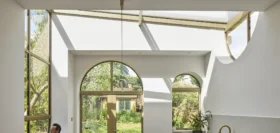
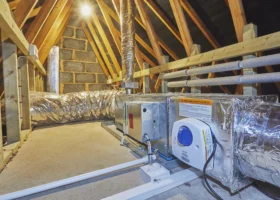
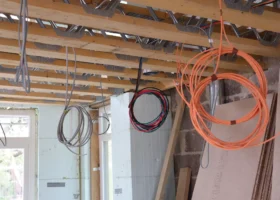

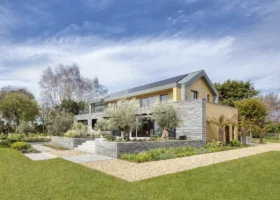
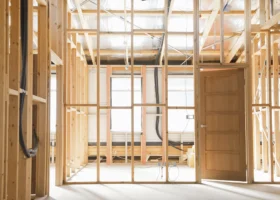
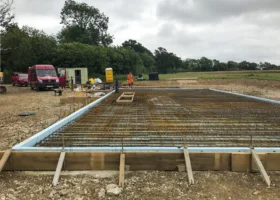
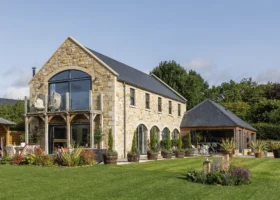

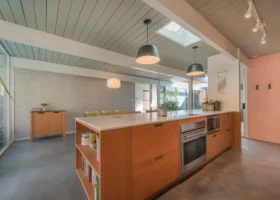

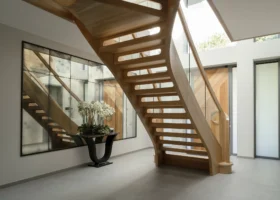
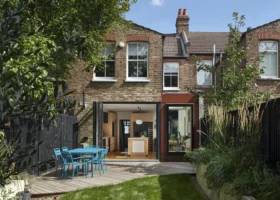
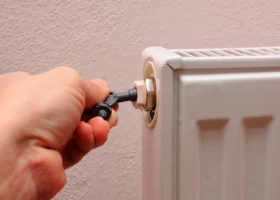

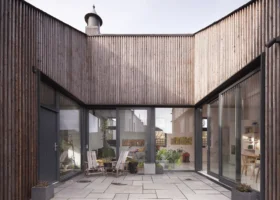
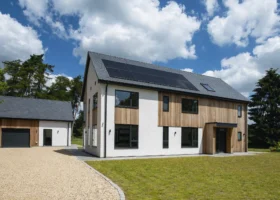
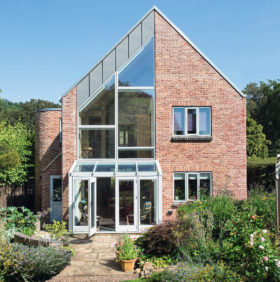
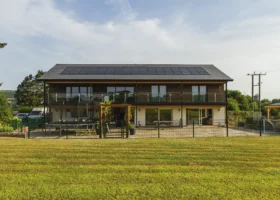
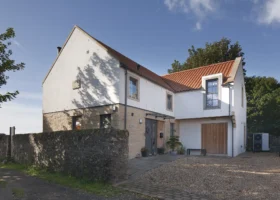


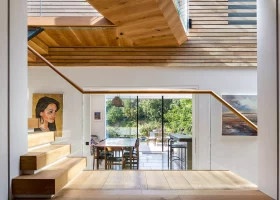
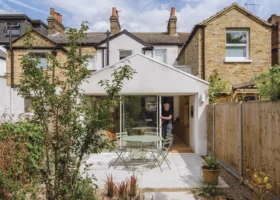
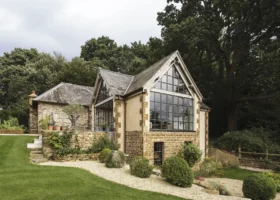
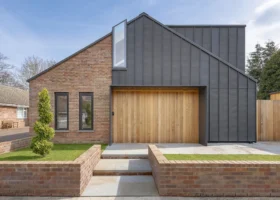
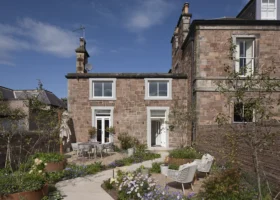
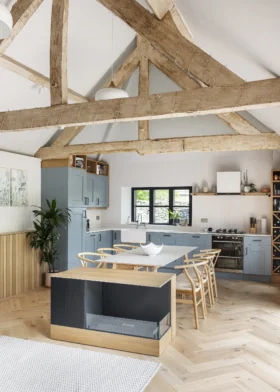
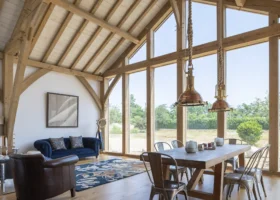

















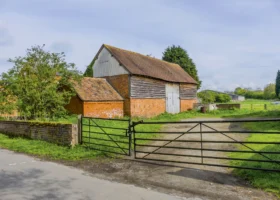
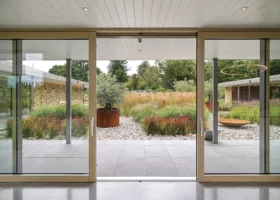


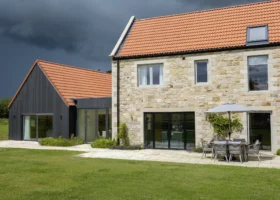
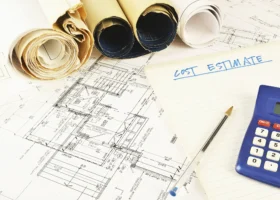

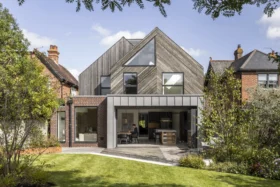
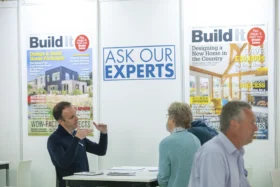



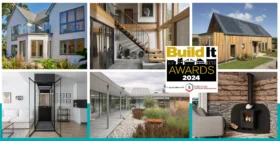
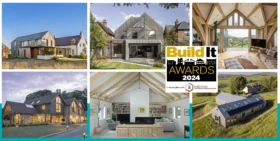


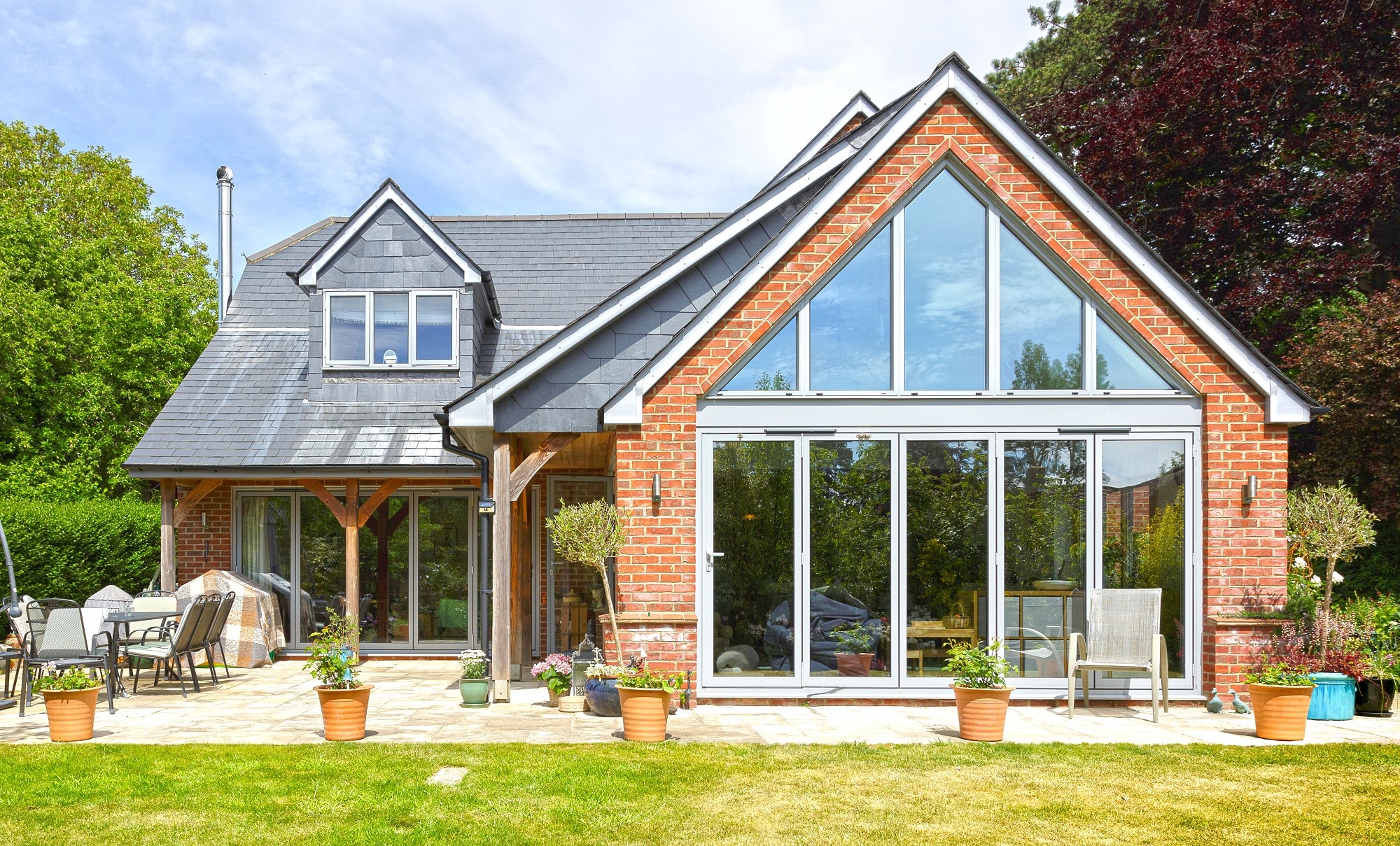
 Login/register to save Article for later
Login/register to save Article for later

